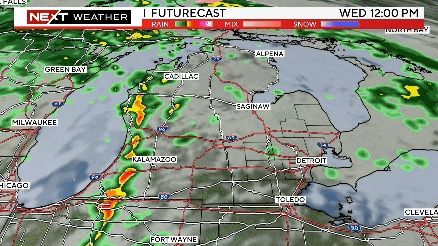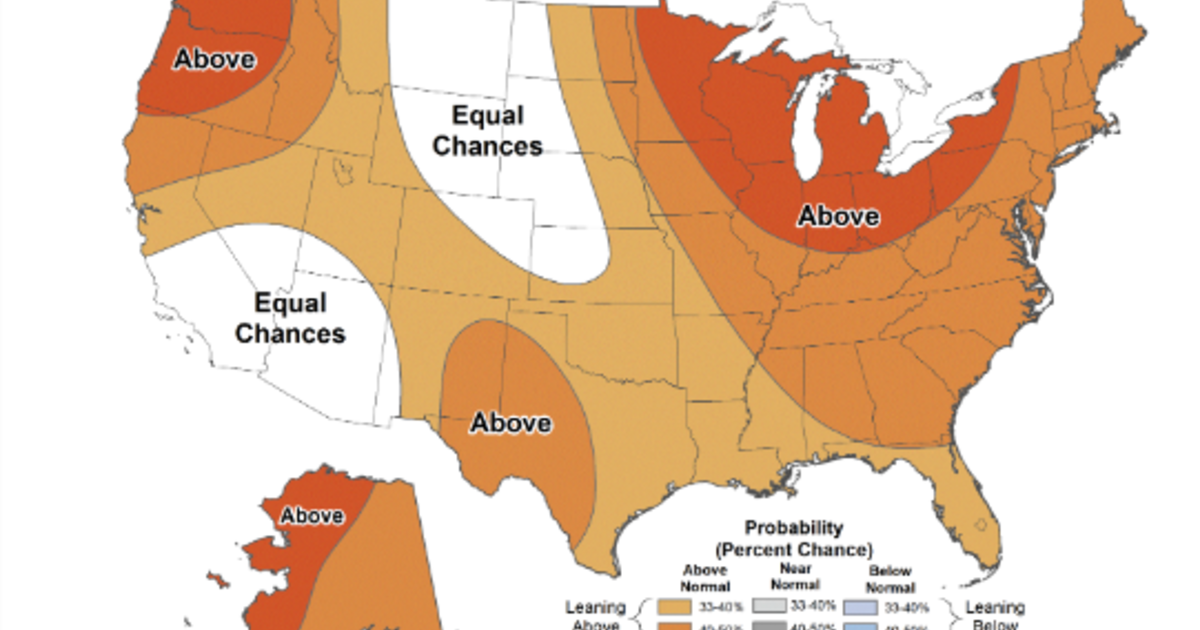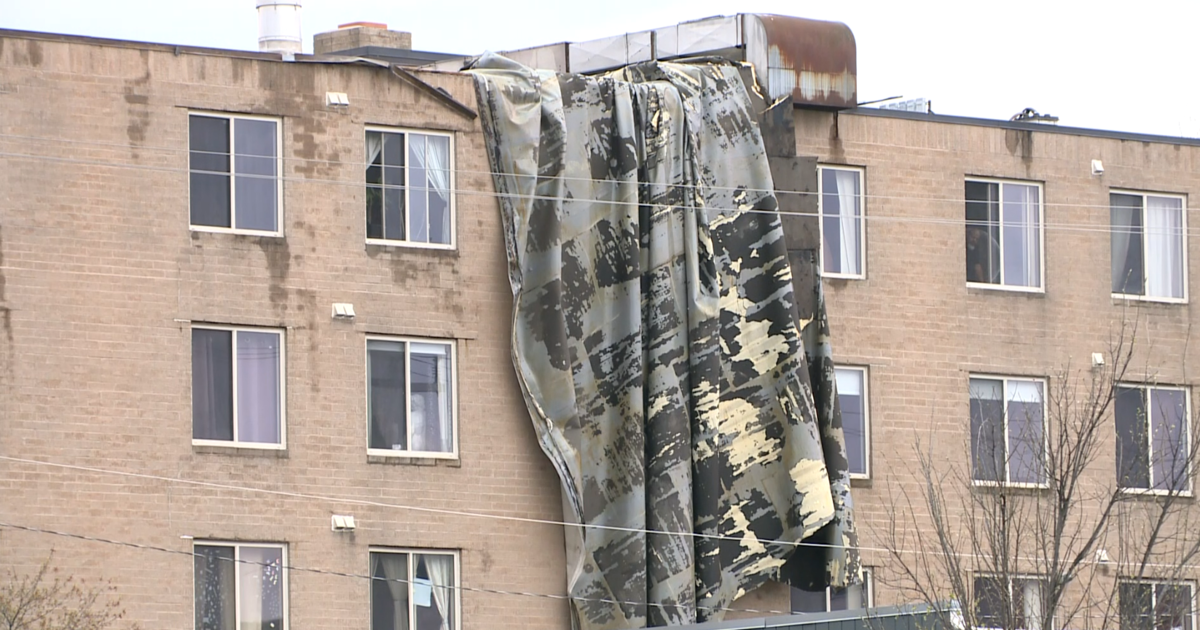GLWA Announces Improvements To Regional System Ahead Of Wet Weather Season In SE Michigan
(CBS DETROIT) -- The Great Lakes Water Authority announced improvements to regional system resiliency in preparation for upcoming wet weather in Southeast Michigan.
The improvements include changes to operational procedures, enhanced collaboration and coordination with member partner communities, and upgrading utility power supply feeding GLWA's pump stations.
GLWA has worked diligently over the last nine months to take a close look at our system and our operations to identify how we might do things differently, how we can be best prepared for the severe storms that have been happening with increasing frequency not just locally, but nationally and internationally as a result of climate change," GLWA Interim CEO Suzanne Coffey said in a statement.
"The immediate changes we have made will certainly assist us in our future wet weather responses. We are also focused on long-term solutions that will need to be addressed regionally. I believe GLWA is well-positioned to lead those conversations, and I remain committed to working with our member partners, regulators and other stakeholders to move the discussion forward."
Additional actions that GLWA has taken to date to improve system resiliency include:
- Installation of Power Quality Monitoring Systems (PQMs) on the Conners Creek, Freud and Blue Hill Pump Stations and all wet weather treatment facilities, which provide advance notice regarding power outages and help in diagnostics of power quality-related issues;
- Development of additional operational strategies for larger rain events to help reduce the risk of basement backups;
- Review and recalibration of instrumentation throughout the system;
- Reinspection of approximately more than 25 miles of the regional system, which is about 13 percent of the total GLWA regional sewer system, following the 2021 rain events;
- Increased frequency of notification of extreme wet weather events to the public through digital channels and the media;
- Expansion of coordination with member partner communities on both the eastside and westside of the regional system, including establishing lines of communication with public works directors to optimize flow through the regional system;
- Ongoing government outreach to discuss resources available for flood mitigation, including more than two dozen meetings with state and federal legislators.
Officials say one of the most significant improvements made to date is the supply of power to the Freud and Blue Hill Pump Stations in Detroit.
"Connection to a reliable, high quality external power supply is essential to GLWA's ability to consistently operate the regional system, no matter the weather conditions, and its efforts to help protect health and safety of its member partner communities," said Navid Mehram, chief operating officer of GLWA's Wastewater Operating Services.
"We are grateful to DTE Energy for their collaboration throughout this conversion process, which will be completed over the next few months when the Baby Creek and Woodmere Pump Stations on Detroit's westside are converted and we look forward to a strong working relationship as we move into the future."
© 2022 CBS Broadcasting Inc. All Rights Reserved. This material may not be published, broadcast, rewritten, or redistributed.



